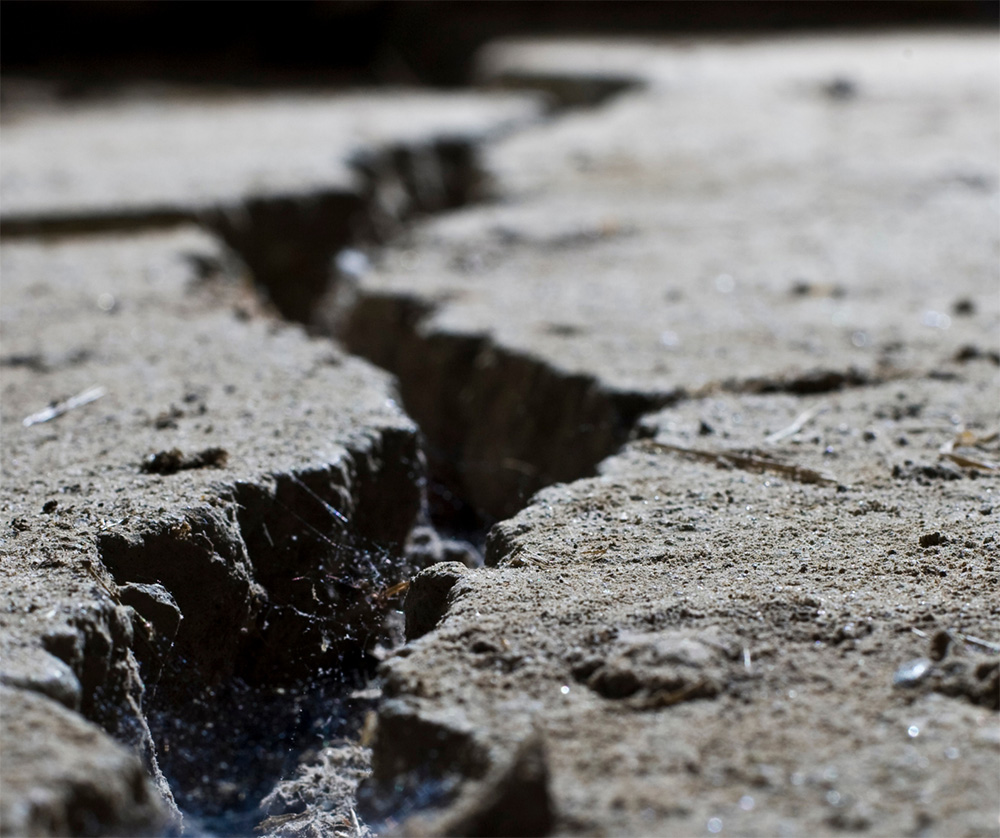If you’ve lived in Washington state for very long, you’ve heard that we’re due for an eventful earthquake that could hit 9.0 on the Richter scale, severely impacting the Pacific Northwest in a way we haven’t seen in our lifetimes.
“The big one,” as it’s known, is predicted to severely damage buildings and homes across western Washington and Oregon with up to 100 seconds of shaking. Some experts say that some buildings in the area are not built to withstand that level of intense rocking.
Now the quake may or may not occur in our lifetimes. The last one caused by this particular movement of plates was nearly 300 years ago in 1700. But even if it doesn’t occur, it’s important to be prepared, just in case.
The good news is, there’s a lot we’re doing to prepare for the earthquake in the Pacific Northwest, from retrofitting buildings to creating community emergency preparedness plans.
It’s also a great reminder to consider earthquake insurance, Typically, property insurance doesn’t cover the devastation that can occur to homes in the event of a huge quake. But you can add earthquake insurance to your existing property insurance plan to protect your home or your business.
These plans often have higher deductibles and can vary in price depending on if your building is made of wood — which is more flexible in an earthquake — or brick, which is more prone to damage. Contact a Sea Mountain Earthquake Insurance specialist to learn more about how we can help you feel prepared.
In addition to earthquake insurance, here are a few other tips experts recommend to make sure you and your family are protected for the big one.
Grab a spare storage bin or a backpack and fill it with things that will be useful if the power cuts out or you can’t travel anywhere for a length of time. The City of Seattle recommends including items like a flashlight, a radio, warm clothes, nonperishable foods, a can opener, and a first aid kit. See their full list of recommendations here.
It’s hard to imagine life without cell phones or the internet, but if something were to occur that could cut off access to power, how would you plan on communicating with your friends and family? Map out safe meeting places where you can count on each other being. Keep a list of phone numbers and email addresses on paper so that if your electronic device fails, you have the list if you encounter someone who does have access to the internet. Washington state’s Department of Natural Resources has a great checklist to make sure your communication plan is covered.
Chances are, your neighborhood and city are already working on a plan to ensure that food, medical supplies, and help will be coordinated in the event of a natural disaster like an earthquake. Check in with their websites to see where emergency evacuation centers are, or how they plan on notifying their communities during an earthquake.
For questions about home insurance, contact a Sea Mountain Personal Insurance Specialist today!
